
A longtime Spanish teacher and winner of Cypher Learning’s #NEOClearsTheList contest for innovative online learning shares the free browser-based teaching tools that have become indispensable to her instructional practice — even with students back at school in-person.
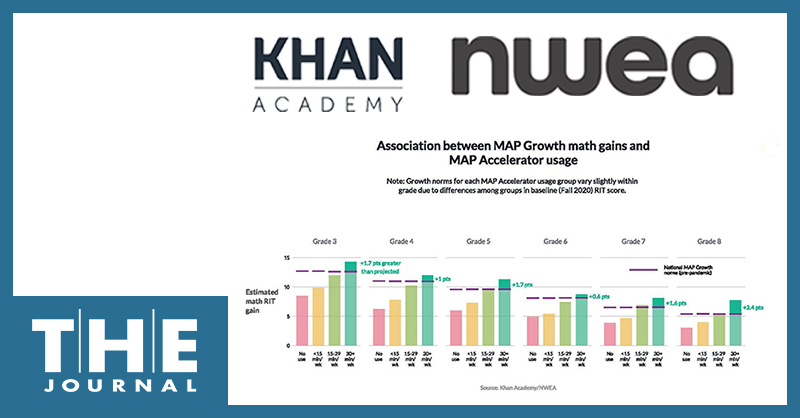
In a massive study conducted during the 2020–21 school year, education researchers at NWEA found that students using MAP Accelerator personalized math instruction for at least 30 minutes a week achieved surprisingly big gains across all grades and all demographic categories, according to the study results released today.
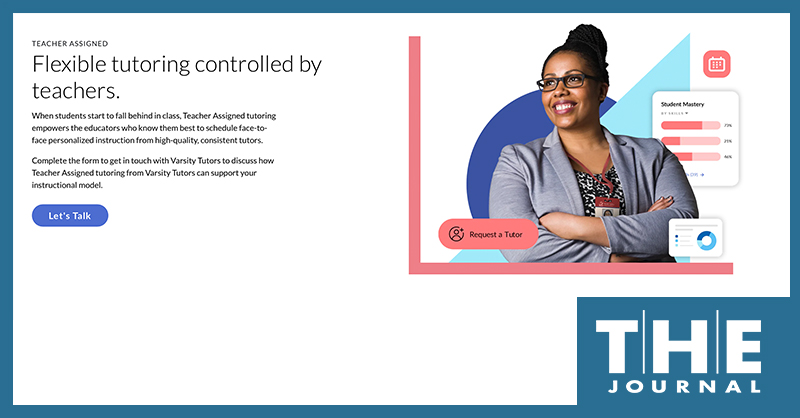
Online tutoring provider Varsity Tutors today unveiled a new service that puts teachers in charge, enabling them to “prescribe” sessions to their struggling students, communicate with each tutor, ensure the extra help is focused on the topics students are struggling with in class, and monitor each student’s progress post-session.
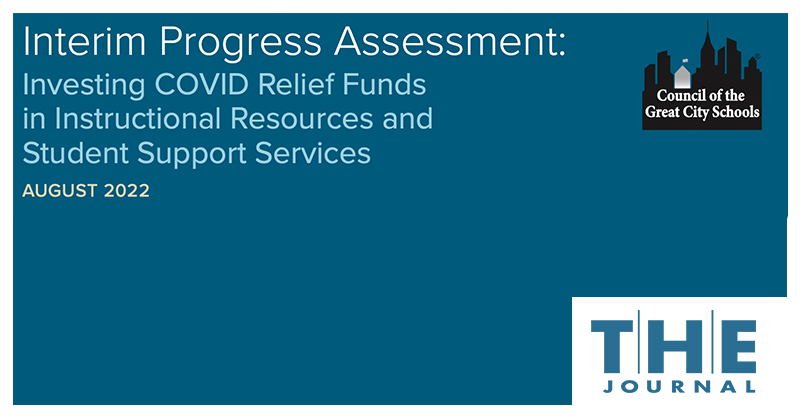
The Council of Great City Schools has released a set of guides tailored to each function of school leadership to help urban school districts evaluate their American Rescue Plan investments and implementations one year in, the nonprofit said in a news release.
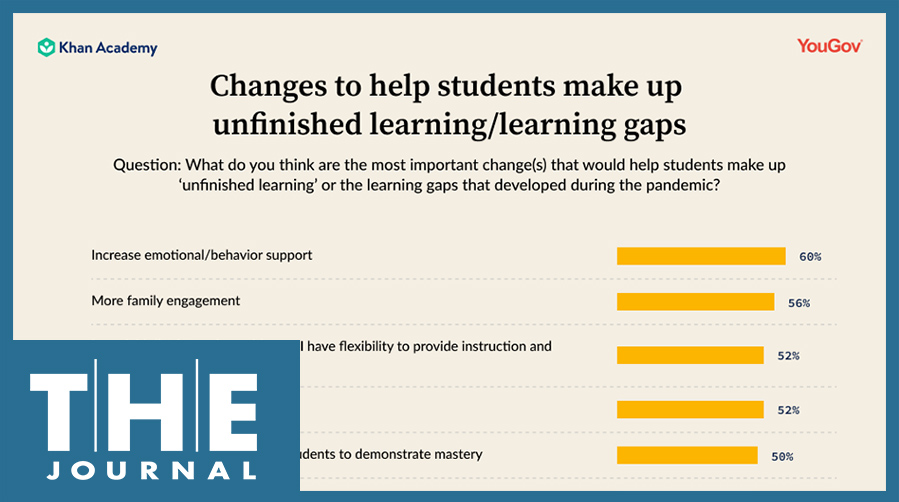
As the nation’s public schools grapple with helping students overcome learning losses exacerbated by pandemic closures, a long-simmering movement toward competency-based education — sometimes called “mastery learning” — appears to be gaining ground among teachers, according to a new survey by Khan Academy and market research firm YouGov.

K–12 online tutoring platform FEV Tutor has been acquired by San Francisco-based private equity firm Alpine Investors, providing the resources for FEV Tutor to continue growing its product and its reach, according to a news release. Terms of the deal were not disclosed.
A recent survey of teachers by Kahoot reveals that educators see playful learning and student choice in learning methods as vital to helping boost student engagement and outcomes, according to a new report from the ed tech company.
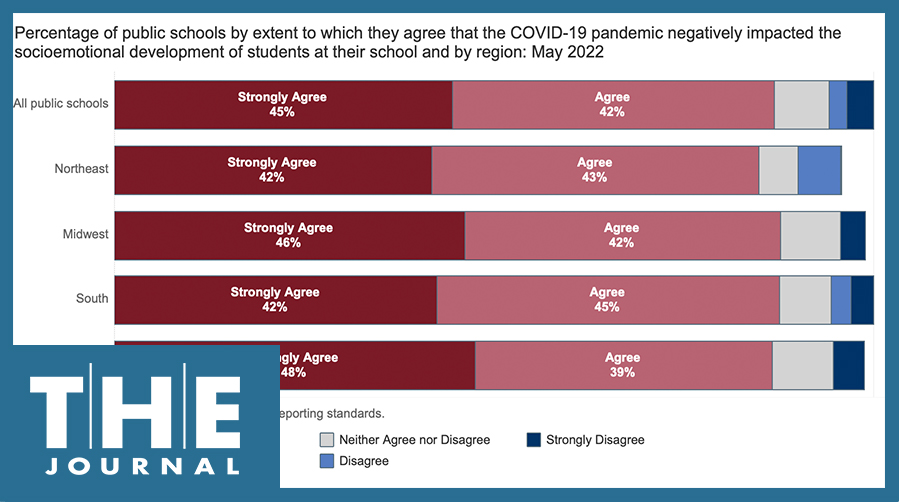
The National Center for Education Statistics’ May 2022 School Pulse Panel survey of U.S. public K–12 schools shows that the COVID-19 pandemic continued to significantly impair student socio-emotional development and behavioral development during the most recent school year, and over half reported that chronic absenteeism was worse than the year before, according to the results released this week.
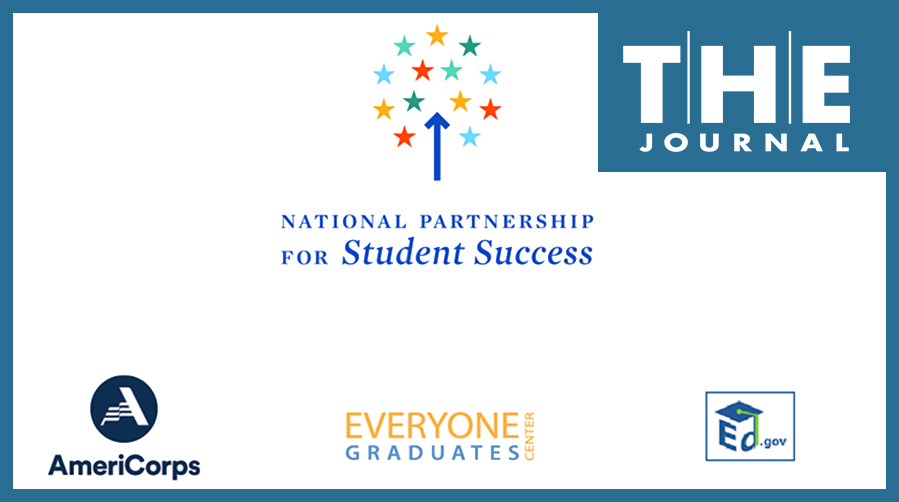
The U.S. Department of Education today launched the National Partnership for Student Success, a coalition with education and service organizations formed to help the nation’s public schools implement and improve high-impact tutoring, mentoring, and similar programs to boost pandemic learning loss recovery efforts and better support student well-being.
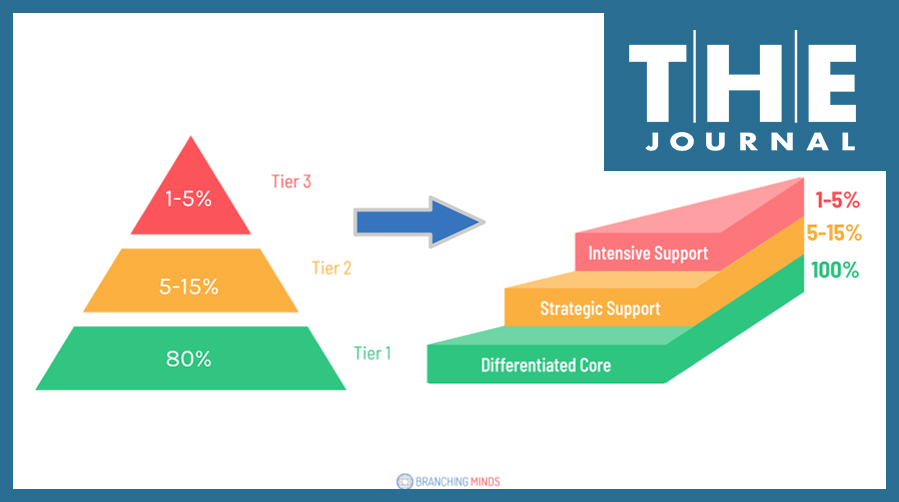
An educator and researcher explains how a simple shift in how educators understand and implement the Multi-Tiered System of Supports (MTSS) pyramid can help close the achievement gap in K-12 classrooms, schools, and districts.